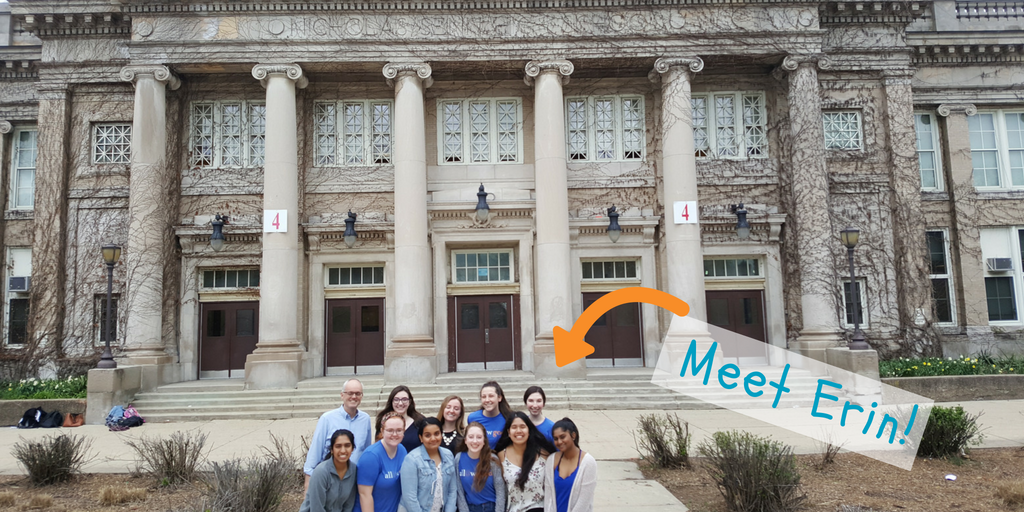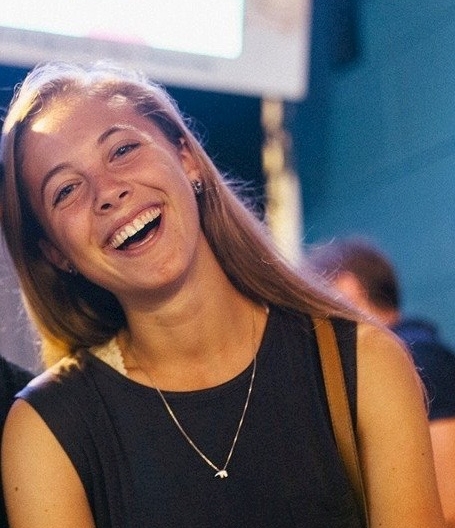By: Erin Cunnea, Allow Good Loyola Chapter Member & Junior studying English, Math, and Theatre Secondary Education. This was Erin's first year as a facilitator at Nicholas Senn High School in the Edgewater neighborhood on the north side of Chicago.
"I have never liked when adults call children and teens “the leaders of tomorrow.” Don’t
get me wrong, I appreciate the sentiment: youth hold so much promise as they mature in
experiences and wisdom, but this statement ignores the experiences, talent, creativity, and
maturity teens already possess. Underestimating youth has become such a habit that we often
refer to them only in the future tense – the next generation of change, of leaders.
Allow Good turns that notion on its head. I was first drawn to the organization when I
heard about it from a friend who was involved. I couldn’t believe its mission: give a classroom of high schoolers $1,000 and, through a semester-long curriculum, guide them through the process of researching non-profit organizations, reviewing a grant application, vetting presentations, and lobbying and debating over fund allocation. Describing what we did in the classroom sounds daunting, but in motivation is simple. Allow Good empowers youth to address needs in the community and affect real change through philanthropy. I did not teach Mark Zuckerberg. I taught a Nigerian immigrant who wants to help other immigrants struggling with the same issues he faced when his family arrived in Chicago. He is a philanthropist. Bill Gates was not in my class, but *Kyle was. He debated passionately about the importance of addressing immigrant and refugee mental health as a primary concern and the erasure of torture survivors’ experiences. He is a philanthropist. Oprah never sat in one of my desks, but *Gianna did. She pointed out the necessity of establishing trust between an organization and the community it serves – she pointed out the organization we chose had a variety of programs that talked to young men of color about gang involvement in a safe environment, and that it also provided clothing, food, and safety for single mothers and their children. She is a philanthropist. One student spoke to me about her future in college. Several discussed past and current volunteerism at the organizations we were researching. When the representatives from five of the organizations came to lobby for the grant, one of the students’ main questions was, “What opportunities do you have for young people to get involved?”
Allow Good literally allows teens to capitalize on the good existing within them to affect
the greater good of the world. My class realized that they are unstoppable, and that authentic
change is not created when one’s bank account reaches a magic number or when one reaches a certain age. It happens with 26 high school juniors and seniors, one incredible organization, and a whole lotta good. :) "
*names changed for privacy







